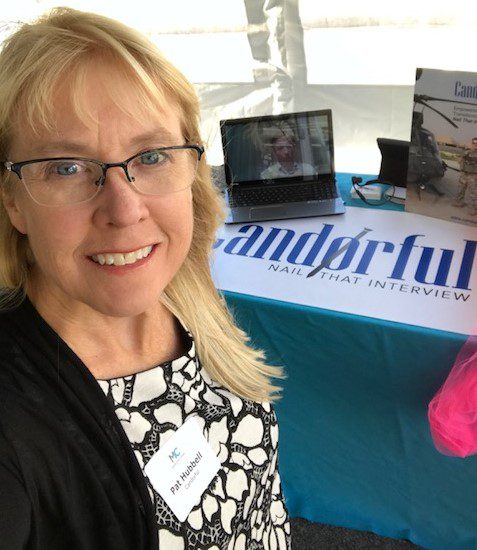A while back I had the privilege to be invited to a presentation by McKinsey about Women in the Workforce. There were several take-aways that struck an intense chord with me. A few years later some of these things still HAUNT me!
I need to get this off my chest…Come with me, let’s walk and talk.
Did you know that…
We women underestimate ourselves. CONSISTENTLY.
Evidence shows that we women won’t go after a job opportunity, in most cases, unless we can check the box on ALL the skills and experiences in a job description. Did you know that men typically go for it if they can check the boxes on 60 to 70% of the skills and experiences. I must admit, I don’t remember the exact percentage that was reported, but you get the picture.
What scares me is that this statistic translates to underemployment. If we aren’t taking the risk and aiming for the same job levels where our equivalently skilled male colleagues are aiming, then we’re increasing the chance of getting hired at a lower responsibility level and therefore at lower pay. I don’t want us to do that anymore.
Can we agree to take a few risks? Please.
We don’t ask for help. And yet it means we’re smart AND strong if we DO ASK FOR HELP!
I know it can be uncomfortable to ask for help but here is another way to think about it. When you ask for help, you are actually complimenting the recipient of the request. That’s right, you are making them feel GOOD. Asking someone for help is a show of confidence in THEM. It’s an honor to be asked for help.
Now, I know what you’re thinking…it feels like you are imposing on them. Well, if you’re honoring them, you can’t also be imposing, right? And keep in mind, if they don’t want to help you, they can say no or just ignore you. And that’s ok. Let’s agree to be ok with being ignored (but only after we assertively ask a few times, like maybe 5. Yes, I think 5 is a good number).
AND REMEMBER they actually might WANT to help you.
What do we need help with?
Ask for help by actively using resources available to us to propel ourselves to excellence.
Which brings me to MY latest conundrum, attracting more Military Spouses to Candorful. Specific data varies depending on where you do your research, but the Military Spouse unemployment rate is somewhere between 22 and 26%. That’s about 4 to 6 times the civilian unemployment rate. That’s awful.
Keep in mind that 92% of Military Spouses are women. So, that’s the connecting tissue with my comments above. I’d like to help Military Spouses (women AND men) get better at interviewing for jobs. Let’s get that unemployment rate down.
Help me connect with Military Spouse Networks. Let’s get Candorful on their radar!
I’m looking forward to seeing LOTS of comments below. PLEASE!
And notice something…I’m taking my own advice…I’m asking for help!
